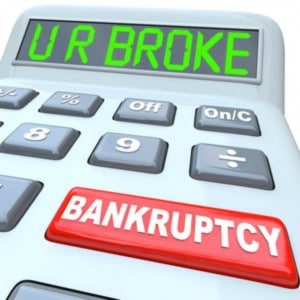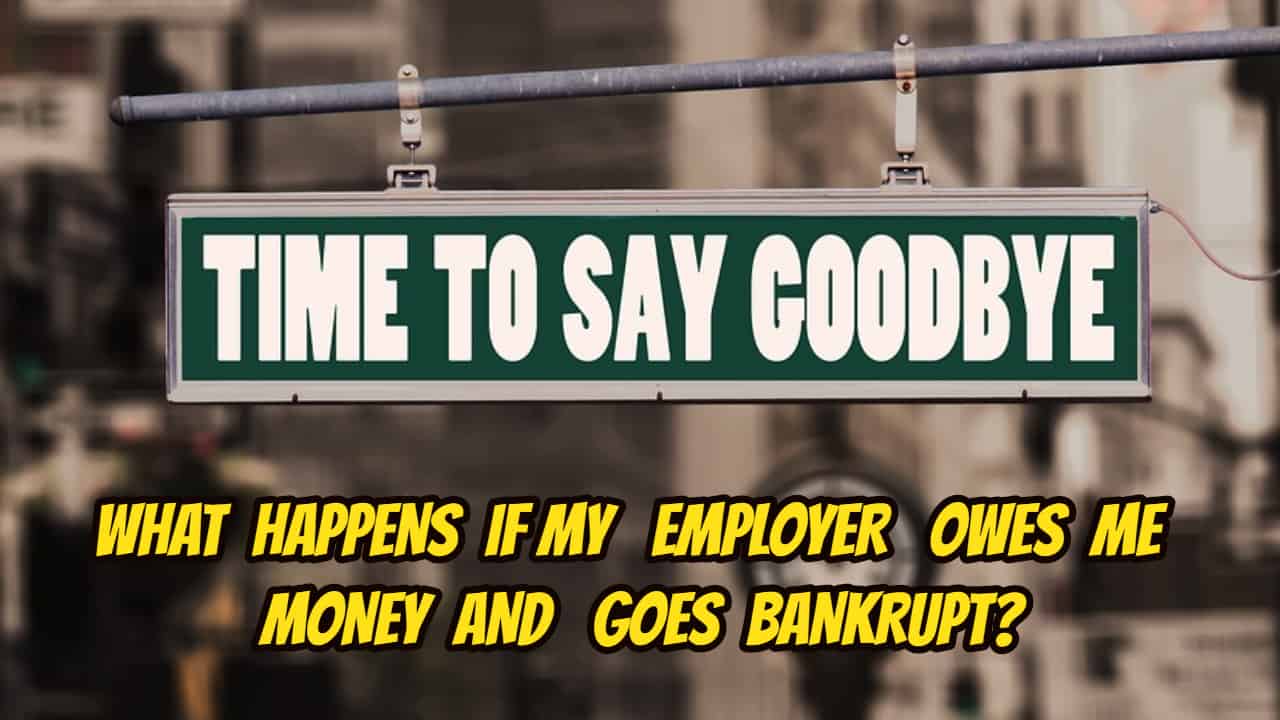 In last week’s blog we talked about Divorce And Bankruptcy – Which Comes First? Sadly, divorce and bankruptcy are indelibly intertwined. The number one reason couples get divorced is financial issues and 1/3 of all people in Ontario facing bankruptcy are there because they are also going through a divorce or a separation. The issue of divorce and bankruptcy is a potential minefield and there are many issues that can arise if you are already divorced and your ex declares bankruptcy.
In last week’s blog we talked about Divorce And Bankruptcy – Which Comes First? Sadly, divorce and bankruptcy are indelibly intertwined. The number one reason couples get divorced is financial issues and 1/3 of all people in Ontario facing bankruptcy are there because they are also going through a divorce or a separation. The issue of divorce and bankruptcy is a potential minefield and there are many issues that can arise if you are already divorced and your ex declares bankruptcy.
Will I still owe for debts and credit cards that I co-signed with my ex? Unfortunately, yes. You will be held responsible for any debts that you did sign for. In fact after your ex files for bankruptcy he/she will no longer be responsible for the debts, but the debts for any loans and credit cards will be 100% yours.
My divorce decree assigned the debts to my ex, so why are the creditors coming after me for payment? A divorce decree is a legally binding agreement between you and your ex but it in no way binds any creditors. If you’re a co-signor with your ex on a debt acquired while married, the creditor can require the entire payment of that debt from you even though the divorce decree assigns the full debt to your ex.
Will my ex’s bankruptcy affect my credit score? Your ex’s bankruptcy process can affect your credit score if:
- You and your ex still have joint accounts
- You are now responsible for debts that you co-signed for
What will happen to my alimony and child support? The good news is that any support – alimony or child support is non-dischargeable (the debt can’t be eliminated) in bankruptcy by the Bankruptcy and Insolvency Act. However, as a result of the bankruptcy process, if your ex is having trouble in making these payments in full and on time, there will be an obvious affect.
If you’re experiencing serious debt problems, contact Ira Smith Trustee & Receiver Inc. as soon as possible. There is help available and Starting Over, Starting Now we can help you to live a life that is not consumed by financial stress.








